Categories
Find blog posts and videos based on your favorite categories.
Quick jump:ArtBehind the ScenesCalibrationFirst lightImaging SessionImaging sessionLearningMotion artProcessingRetrospectiveReviewStackingTimelapseTipsTravelogueUpdateVlog
Imaging session
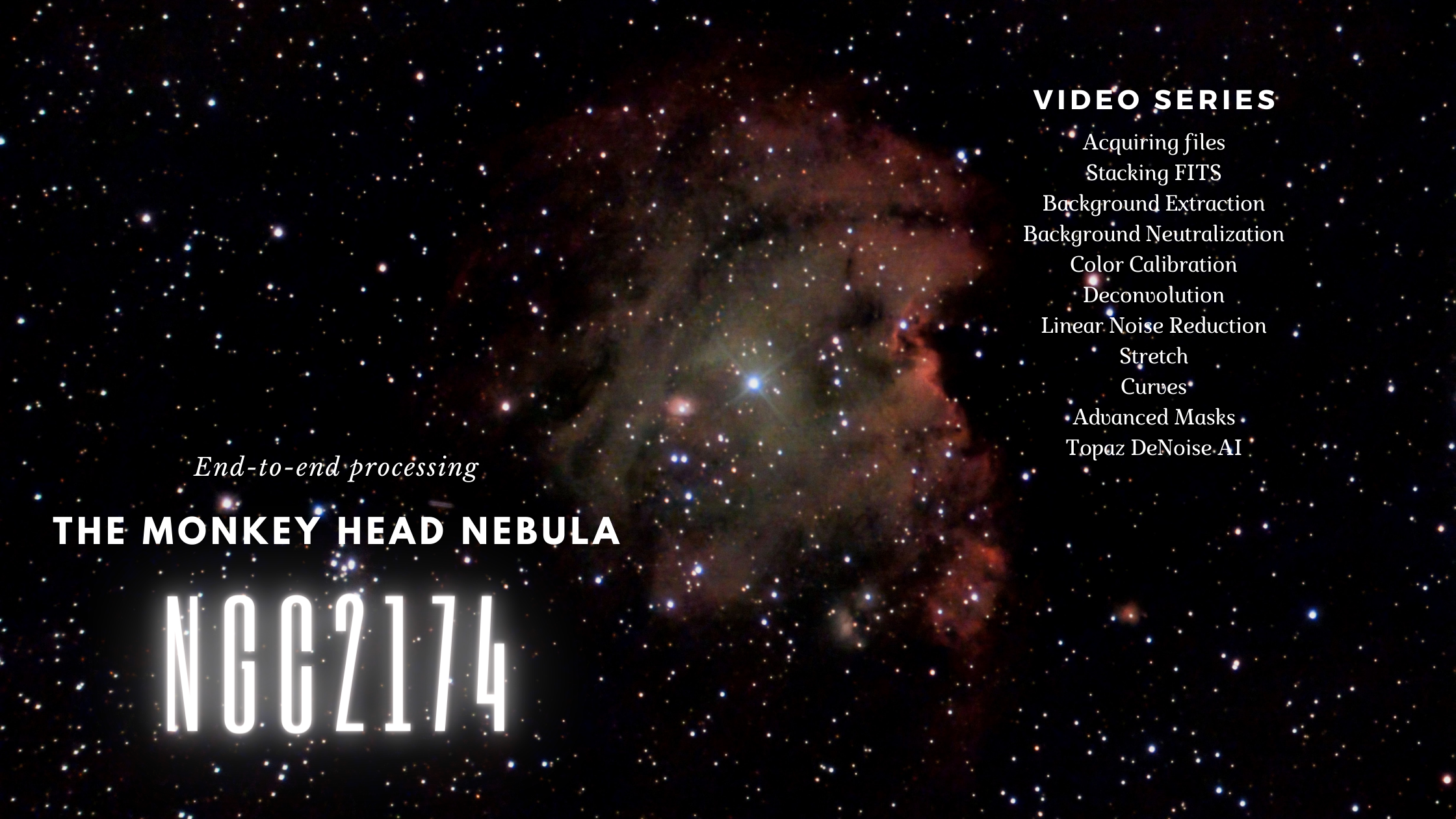 2021-09-19
Processing NGC2174: The Monkey Head Nebula
2021-09-19
Processing NGC2174: The Monkey Head Nebula
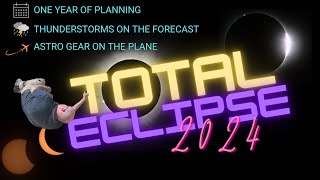 2024-04-08
Total Solar Eclipse 2024
2024-04-08
Total Solar Eclipse 2024
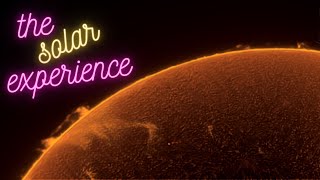 2024-03-27
The solar experience
2024-03-27
The solar experience
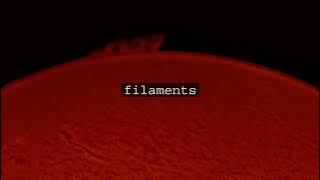 2024-02-23
What I saw when I looked at the sun
2024-02-23
What I saw when I looked at the sun
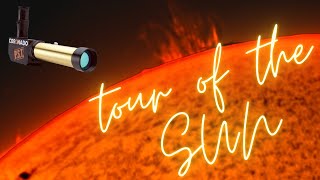 2024-02-17
A Tour of the Sun
2024-02-17
A Tour of the Sun
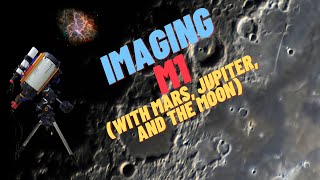 2022-12-17
Imaging M1 (and Mars, Jupiter, and the Moon)
2022-12-17
Imaging M1 (and Mars, Jupiter, and the Moon)
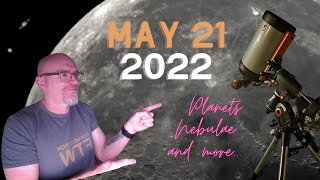 2022-05-22
May 21, 2022 - planets, nebulae, and more
2022-05-22
May 21, 2022 - planets, nebulae, and more
Learning
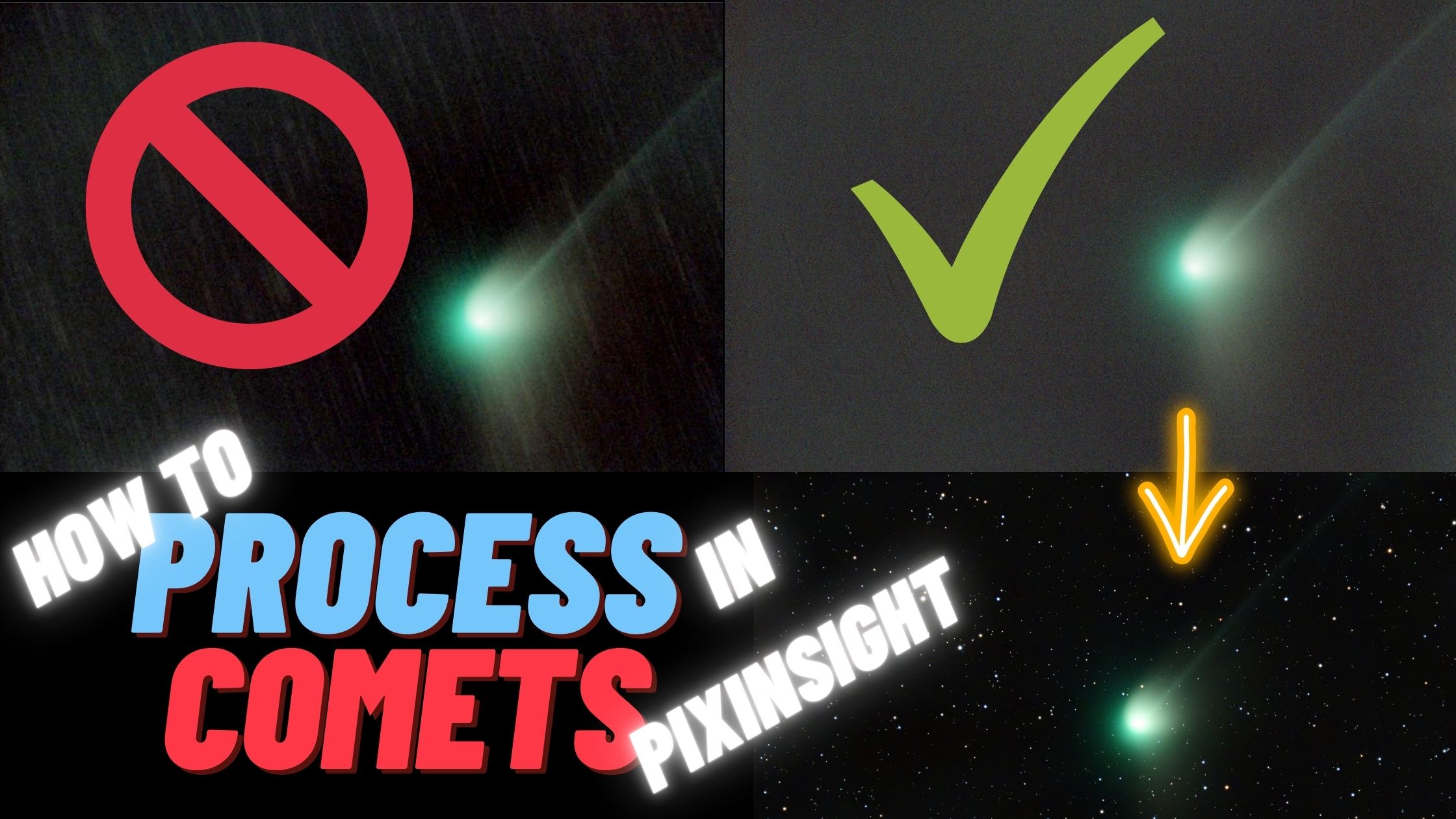 2023-02-04
How do I stack comets in PixInsight?
2023-02-04
How do I stack comets in PixInsight?
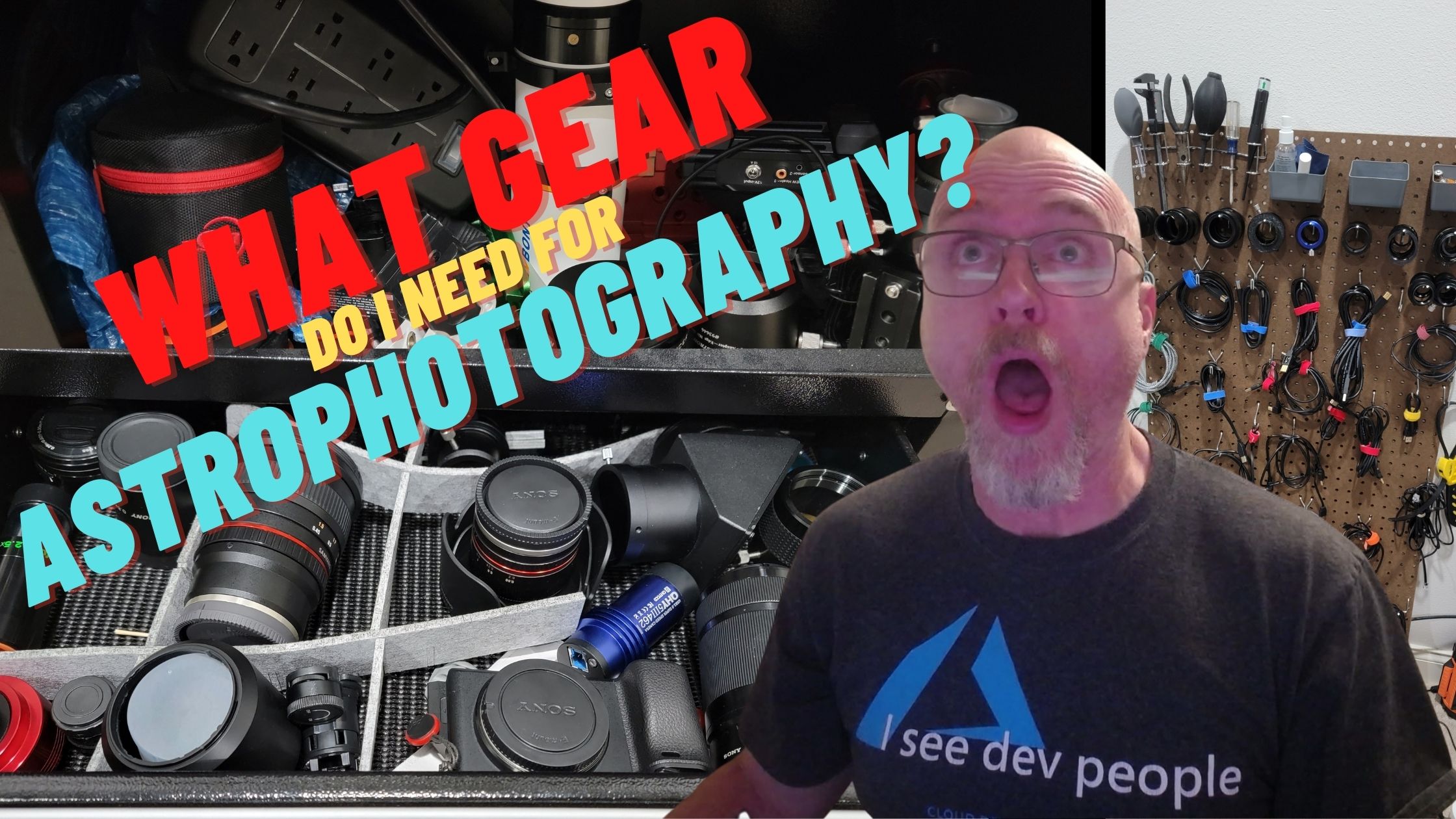 2023-01-06
What gear do I need for astrophotography?
2023-01-06
What gear do I need for astrophotography?
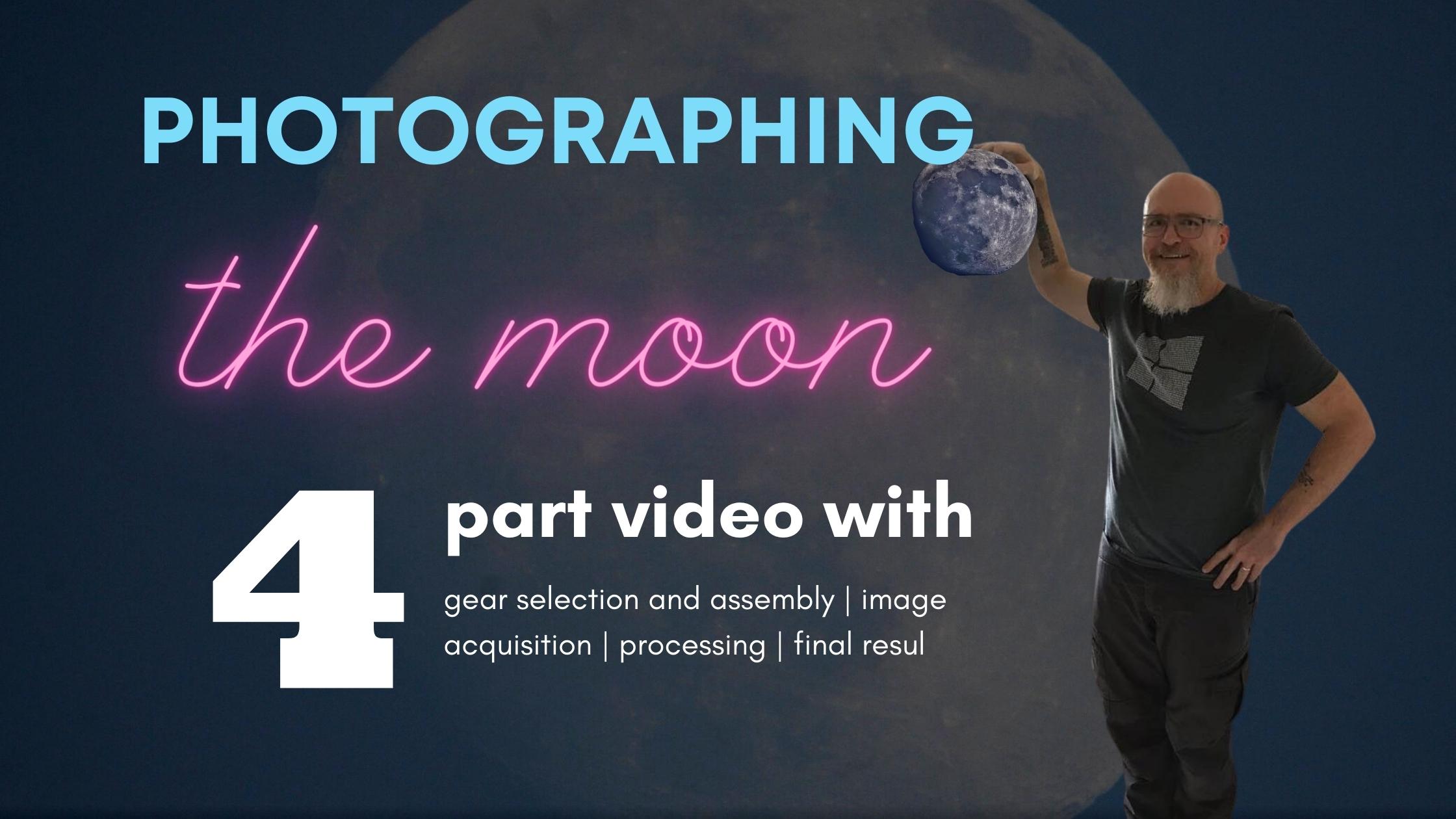 2022-06-16
Video: Photographing the Moon
2022-06-16
Video: Photographing the Moon
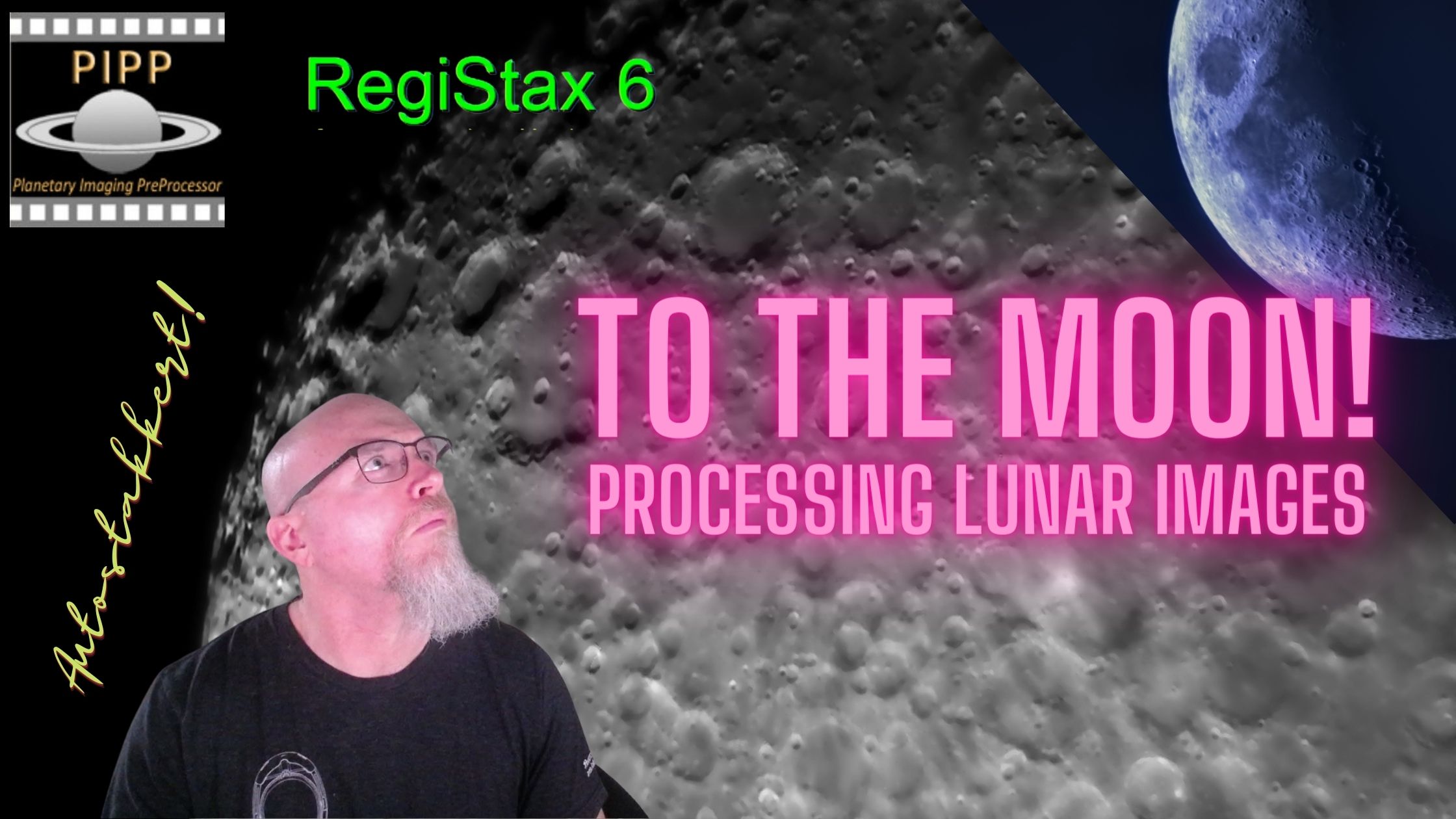 2022-02-20
To the Moon! Processing lunar images
2022-02-20
To the Moon! Processing lunar images
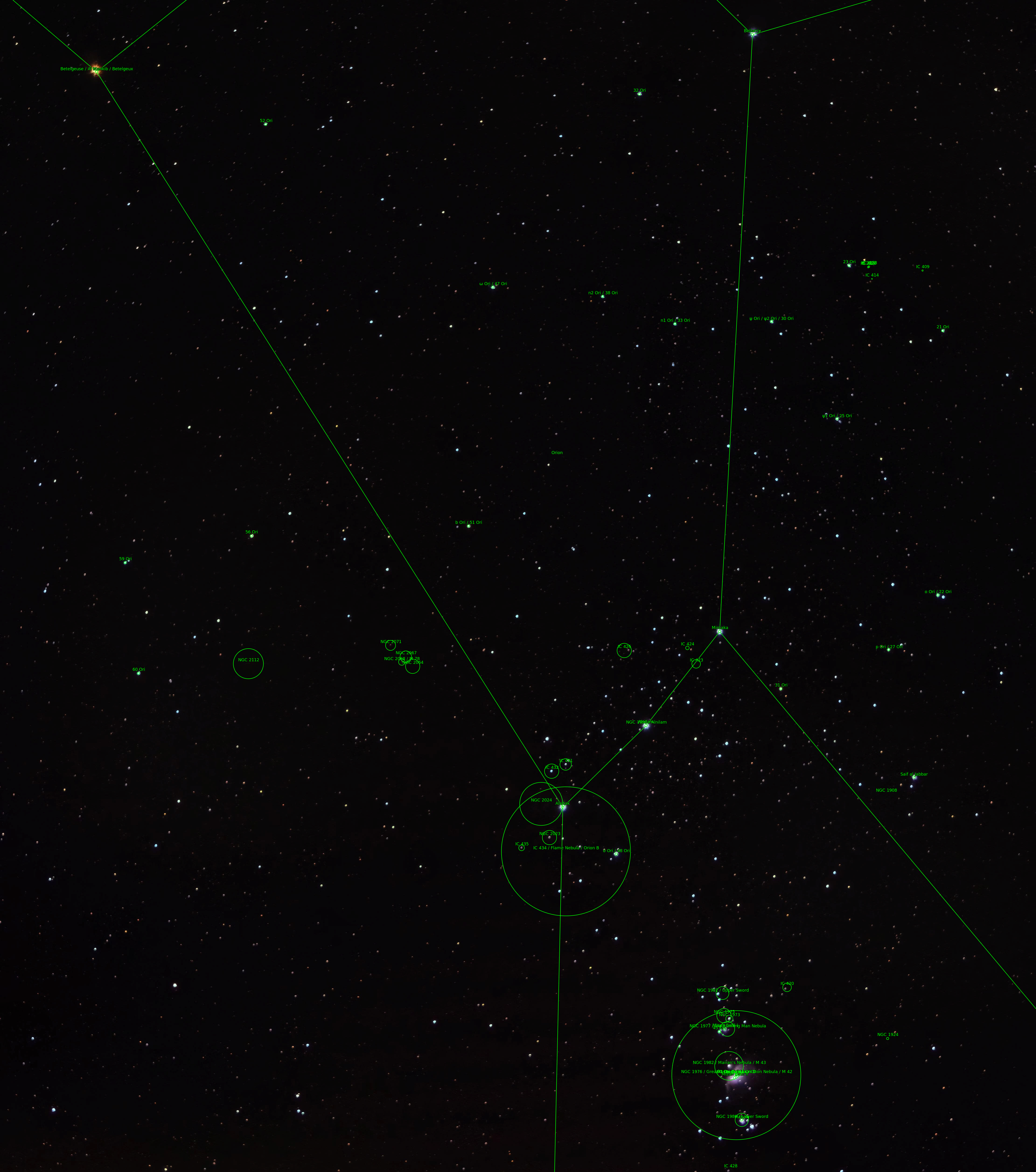 2021-09-27
Astrophotography without a telescope
2021-09-27
Astrophotography without a telescope
 2021-09-19
Processing NGC2174: The Monkey Head Nebula
2021-09-19
Processing NGC2174: The Monkey Head Nebula
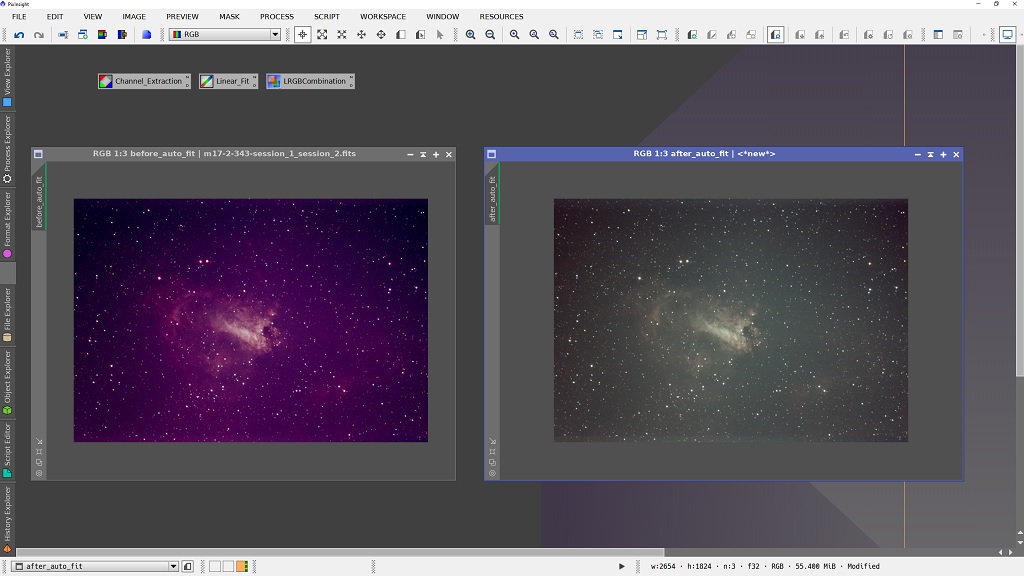 2021-09-06
Easily Normalize RGB with Auto-Linear Fit
2021-09-06
Easily Normalize RGB with Auto-Linear Fit
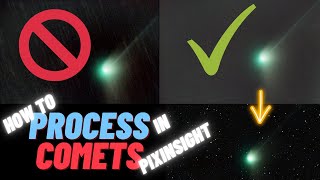 2023-02-02
How to Process a Comet in PixInsight
2023-02-02
How to Process a Comet in PixInsight
 2022-12-17
Imaging M1 (and Mars, Jupiter, and the Moon)
2022-12-17
Imaging M1 (and Mars, Jupiter, and the Moon)
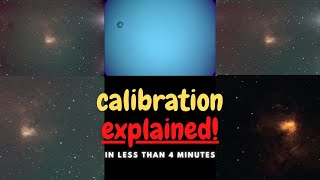 2022-11-01
Calibration explained in less than 4 minutes
2022-11-01
Calibration explained in less than 4 minutes
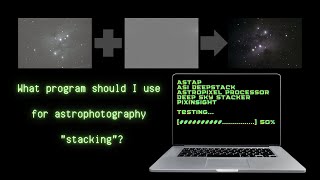 2022-06-20
Best astrophotography stacking software
2022-06-20
Best astrophotography stacking software
Motion art
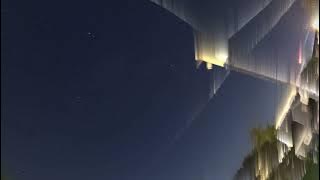 2024-06-15
Thing Trails
2024-06-15
Thing Trails
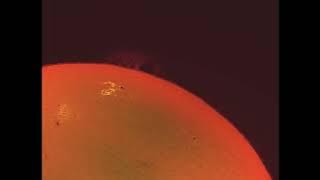 2024-06-15
Solar flare
2024-06-15
Solar flare
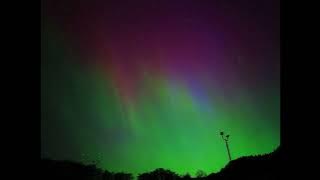 2024-06-06
Raw feed of Northern Lights in Oregon
2024-06-06
Raw feed of Northern Lights in Oregon
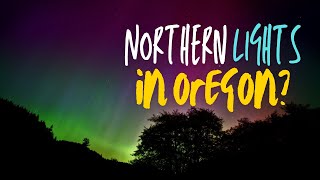 2024-05-11
Aurora borealis / Northern lights in Oregon?
2024-05-11
Aurora borealis / Northern lights in Oregon?
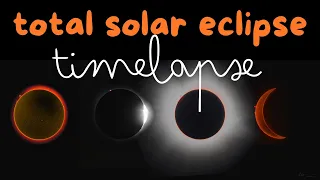 2024-05-07
Total Solar Eclipse 2024 Timelapse
2024-05-07
Total Solar Eclipse 2024 Timelapse
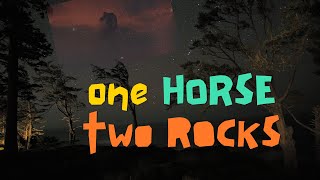 2024-05-06
One horse, two rocks
2024-05-06
One horse, two rocks
 2024-03-27
The solar experience
2024-03-27
The solar experience
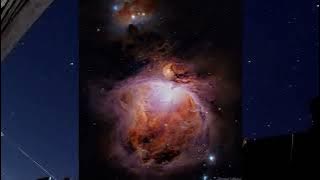 2024-02-28
Things at Night
2024-02-28
Things at Night
 2024-02-23
What I saw when I looked at the sun
2024-02-23
What I saw when I looked at the sun
 2024-02-17
A Tour of the Sun
2024-02-17
A Tour of the Sun
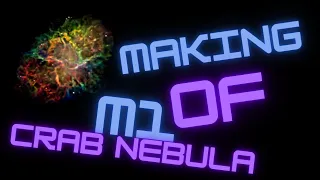 2023-12-21
The Making of M1
2023-12-21
The Making of M1
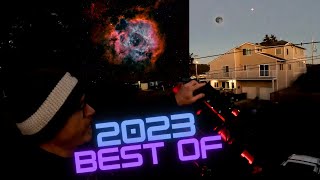 2023-12-14
The best images I captured in 2023
2023-12-14
The best images I captured in 2023
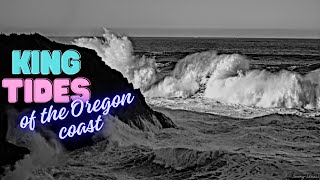 2023-11-27
King Tides of the Oregon Coast
2023-11-27
King Tides of the Oregon Coast
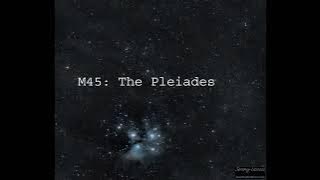 2023-10-22
Behind the fence
2023-10-22
Behind the fence
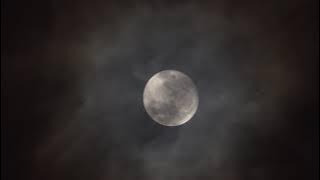 2023-10-03
Symmetry: The Harvest Supermoon and the Sun
2023-10-03
Symmetry: The Harvest Supermoon and the Sun
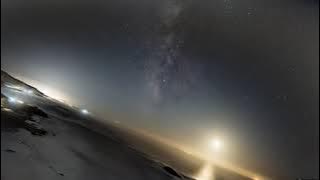 2023-10-03
Goodnight, Oregon Coast
2023-10-03
Goodnight, Oregon Coast
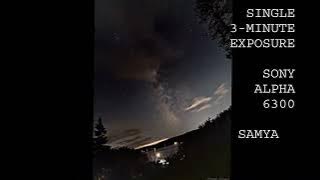 2023-08-12
Orcas' Starry Skies
2023-08-12
Orcas' Starry Skies
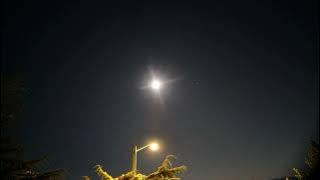 2023-08-05
The Wanderers
2023-08-05
The Wanderers
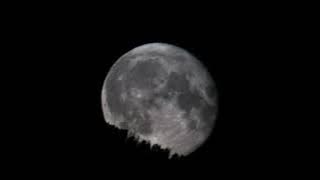 2023-08-03
Almost full moon rising
2023-08-03
Almost full moon rising
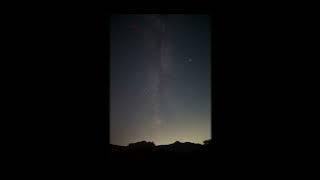 2023-07-16
The Night of the Milky Way
2023-07-16
The Night of the Milky Way
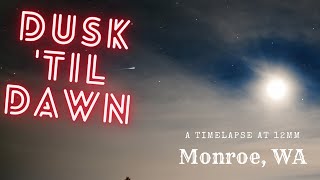 2023-06-29
Dusk Until Dawn: a 12mm Time Lapse
2023-06-29
Dusk Until Dawn: a 12mm Time Lapse
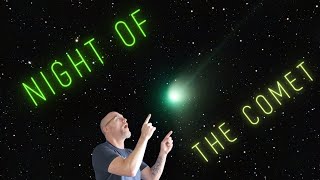 2023-01-30
Night of the Comet
2023-01-30
Night of the Comet
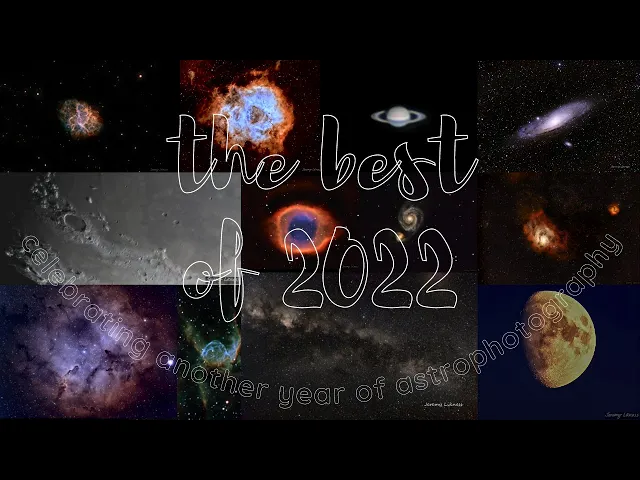 2022-12-20
My best space pictures taken in 2022
2022-12-20
My best space pictures taken in 2022
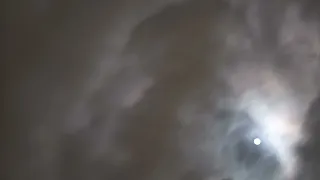 2022-11-20
Seven Sisters and Luna on a Cloudy Night
2022-11-20
Seven Sisters and Luna on a Cloudy Night
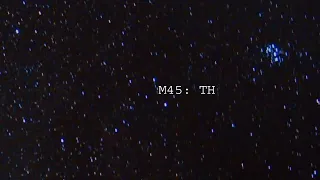 2022-11-20
Celestial Spinner
2022-11-20
Celestial Spinner
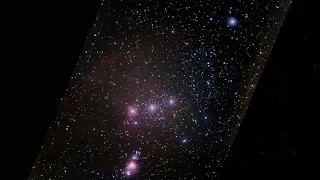 2022-10-28
Orion Rising
2022-10-28
Orion Rising
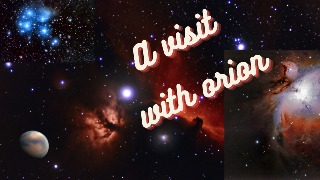 2022-01-12
A visit with Orion
2022-01-12
A visit with Orion
Processing
 2022-06-16
Video: Photographing the Moon
2022-06-16
Video: Photographing the Moon
 2022-02-20
To the Moon! Processing lunar images
2022-02-20
To the Moon! Processing lunar images
 2021-09-19
Processing NGC2174: The Monkey Head Nebula
2021-09-19
Processing NGC2174: The Monkey Head Nebula
 2023-02-02
How to Process a Comet in PixInsight
2023-02-02
How to Process a Comet in PixInsight
Stacking
 2023-02-04
How do I stack comets in PixInsight?
2023-02-04
How do I stack comets in PixInsight?
 2021-09-19
Processing NGC2174: The Monkey Head Nebula
2021-09-19
Processing NGC2174: The Monkey Head Nebula
 2022-06-20
Best astrophotography stacking software
2022-06-20
Best astrophotography stacking software
Timelapse
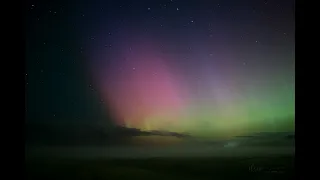 2024-08-12
The Perseids in Technicolor
2024-08-12
The Perseids in Technicolor
 2024-05-07
Total Solar Eclipse 2024 Timelapse
2024-05-07
Total Solar Eclipse 2024 Timelapse
 2024-02-28
Things at Night
2024-02-28
Things at Night
 2023-10-22
Behind the fence
2023-10-22
Behind the fence
 2023-10-03
Goodnight, Oregon Coast
2023-10-03
Goodnight, Oregon Coast
 2023-08-12
Orcas' Starry Skies
2023-08-12
Orcas' Starry Skies
 2023-08-05
The Wanderers
2023-08-05
The Wanderers
 2023-07-16
The Night of the Milky Way
2023-07-16
The Night of the Milky Way
 2023-06-29
Dusk Until Dawn: a 12mm Time Lapse
2023-06-29
Dusk Until Dawn: a 12mm Time Lapse
 2023-01-30
Night of the Comet
2023-01-30
Night of the Comet
 2022-11-20
Seven Sisters and Luna on a Cloudy Night
2022-11-20
Seven Sisters and Luna on a Cloudy Night
 2022-11-20
Celestial Spinner
2022-11-20
Celestial Spinner
 2022-10-28
Orion Rising
2022-10-28
Orion Rising
Tips
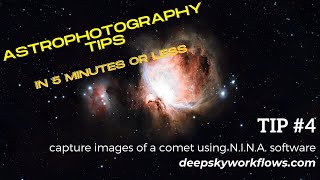 2023-02-02
How to track a comet using N.I.N.A. software
2023-02-02
How to track a comet using N.I.N.A. software
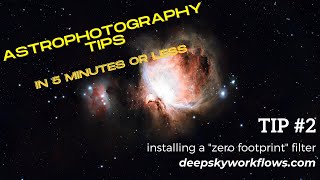 2023-01-06
Add a filter without changing backfocus
2023-01-06
Add a filter without changing backfocus
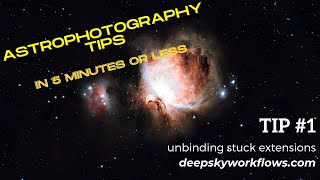 2023-01-05
Unbind a stuck adapter or extension
2023-01-05
Unbind a stuck adapter or extension
Travelogue
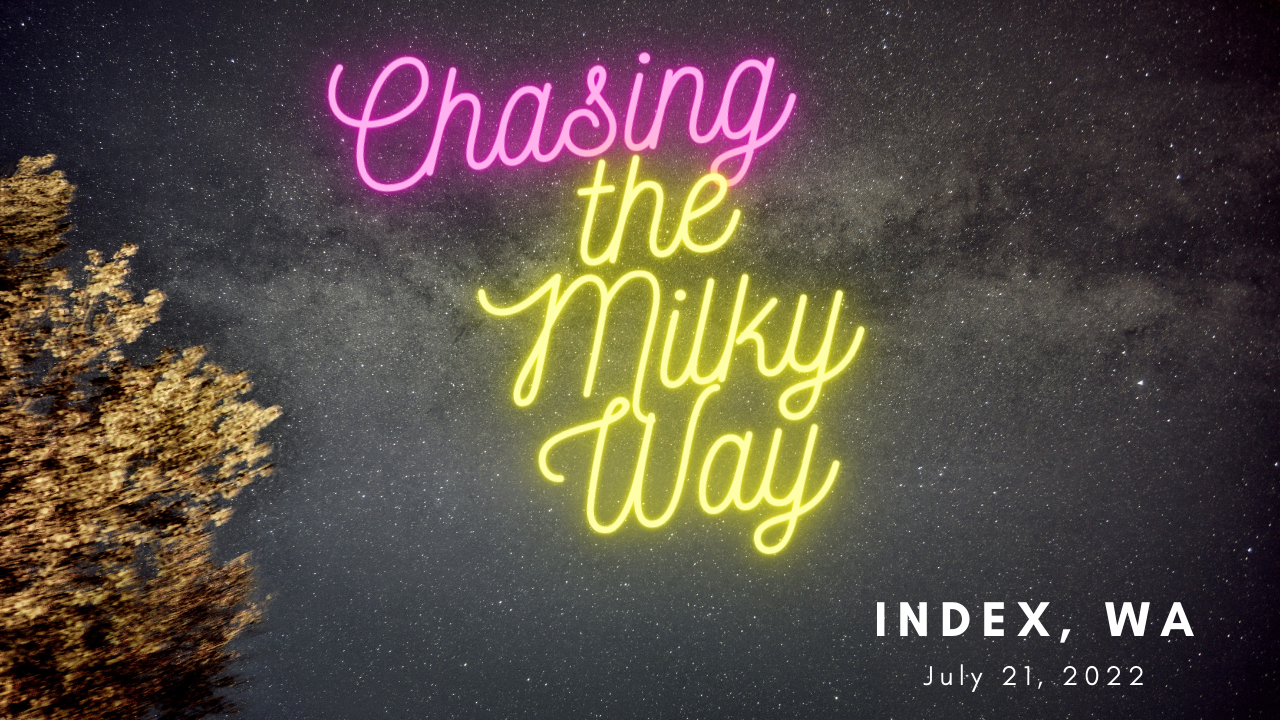 2022-07-24
Chasing the Milky Way
2022-07-24
Chasing the Milky Way
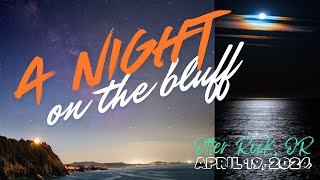 2024-05-04
A Night on the Bluff in Otter Rock, Oregon
2024-05-04
A Night on the Bluff in Otter Rock, Oregon
 2024-04-08
Total Solar Eclipse 2024
2024-04-08
Total Solar Eclipse 2024
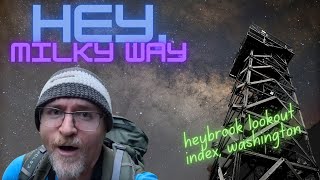 2023-06-23
Hey, Milky Way
2023-06-23
Hey, Milky Way
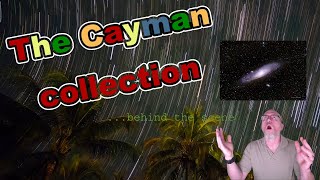 2022-10-25
The Cayman Collection (behind the scenes)
2022-10-25
The Cayman Collection (behind the scenes)

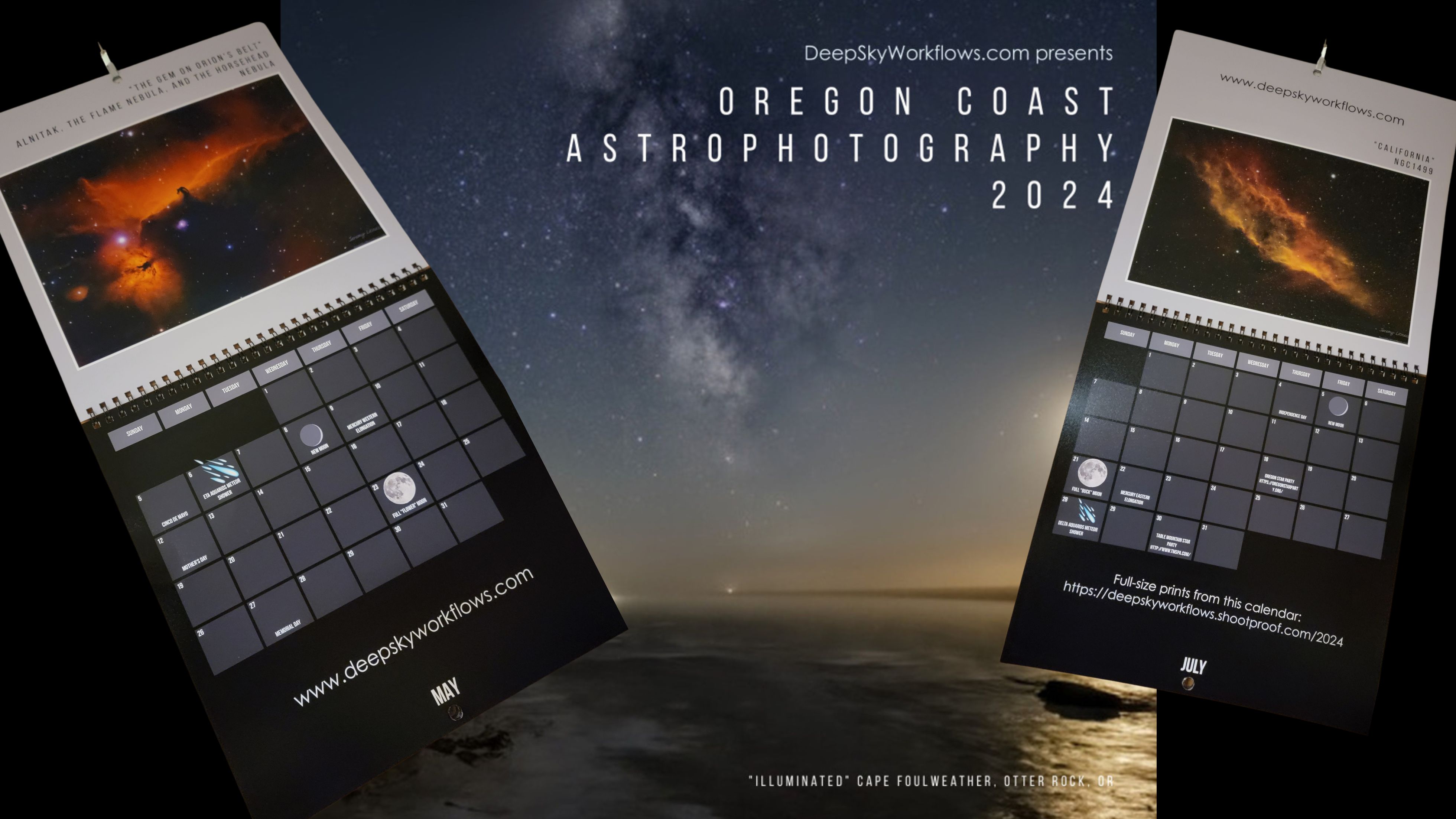 2023-12-14
2023-12-14
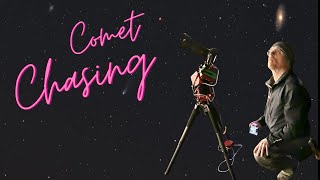 2024-03-20
2024-03-20
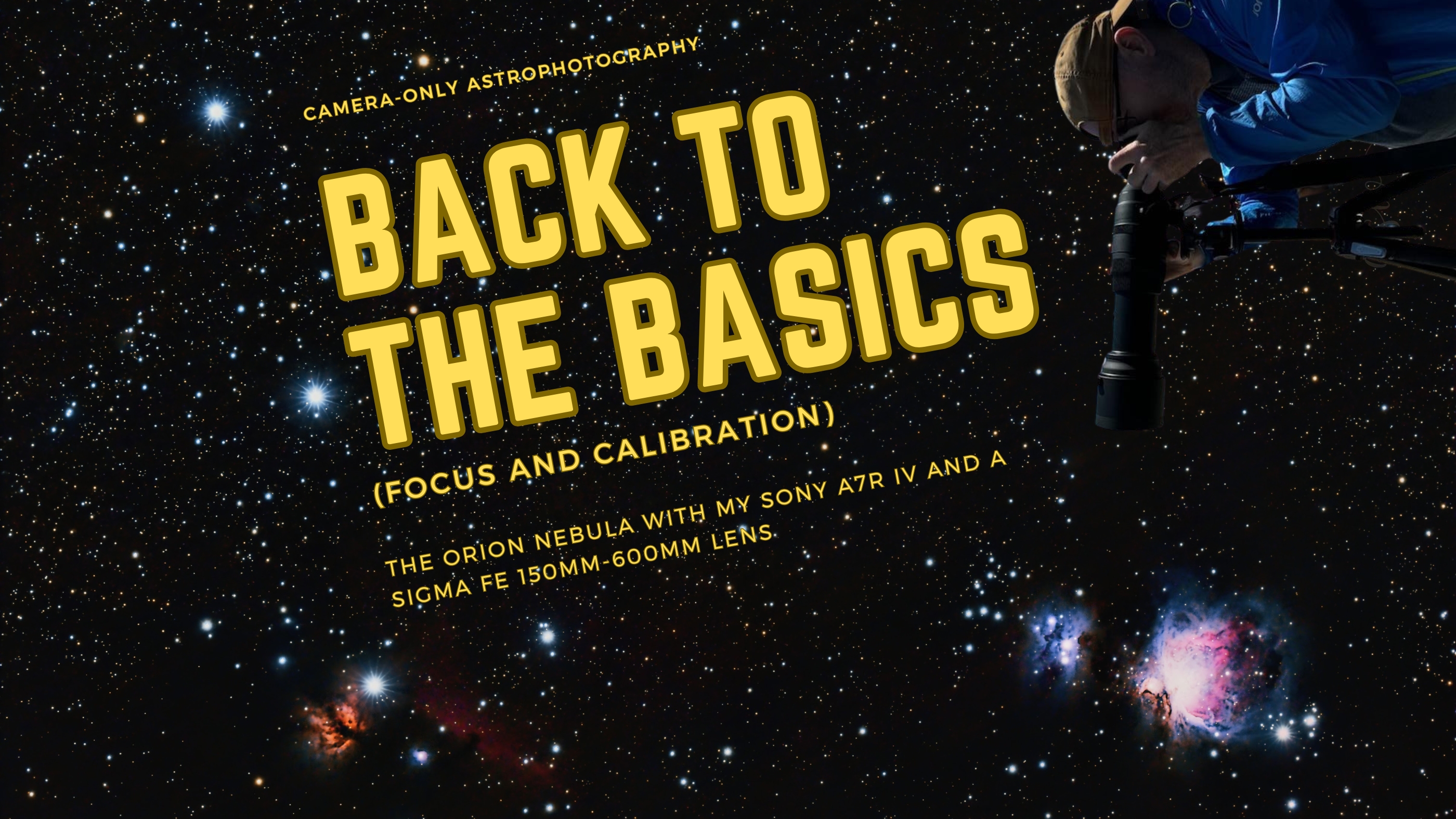 2024-12-10
2024-12-10
 2022-05-05
2022-05-05
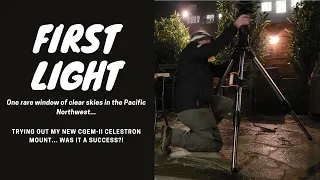 2021-12-07
2021-12-07
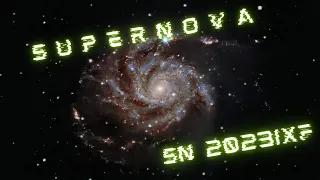 2023-05-19
2023-05-19
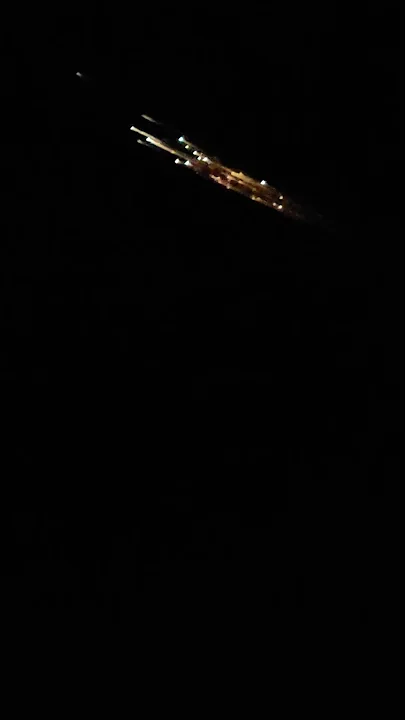 2023-04-27
2023-04-27
 2023-01-22
2023-01-22
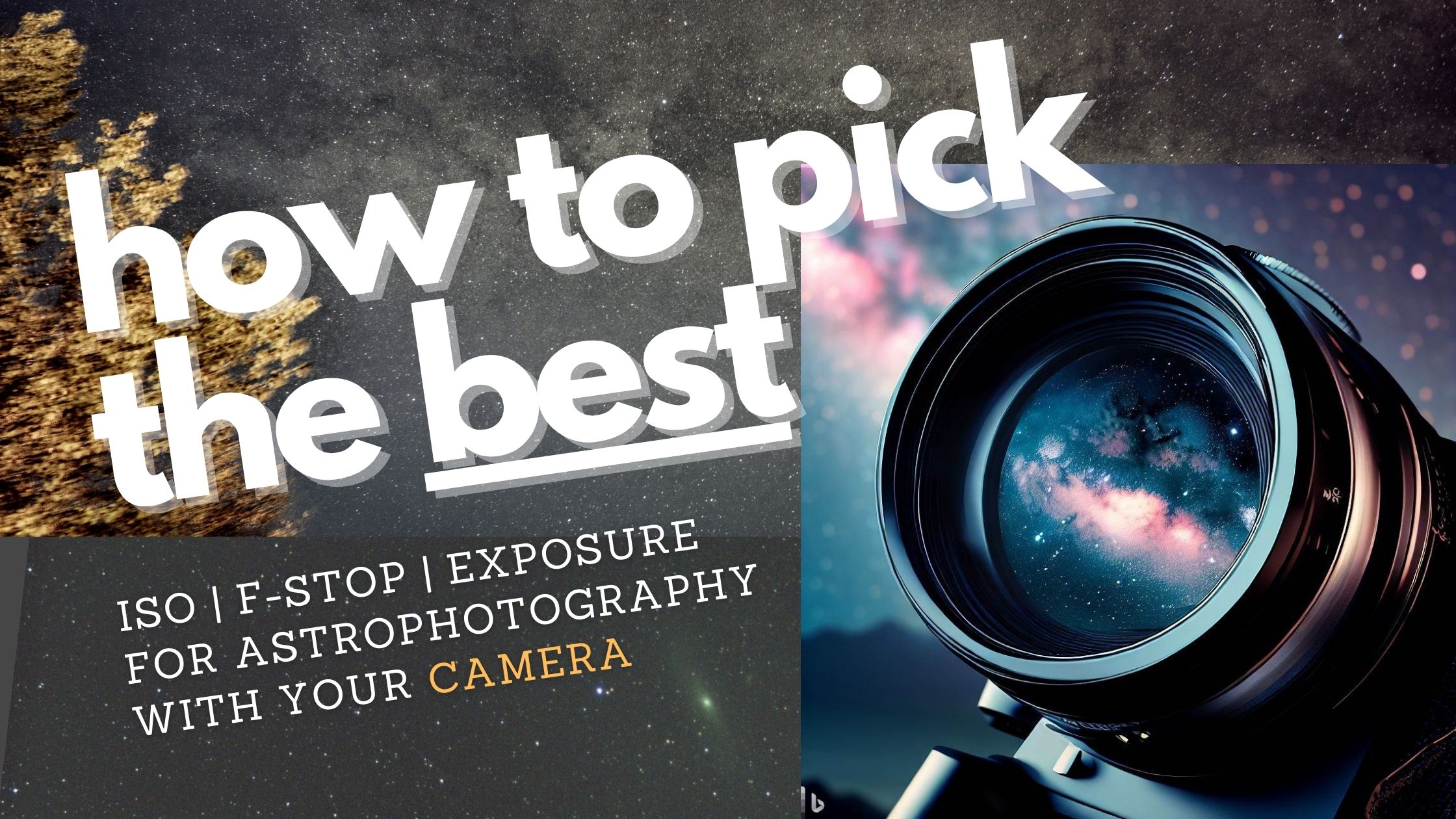 2023-03-18
2023-03-18
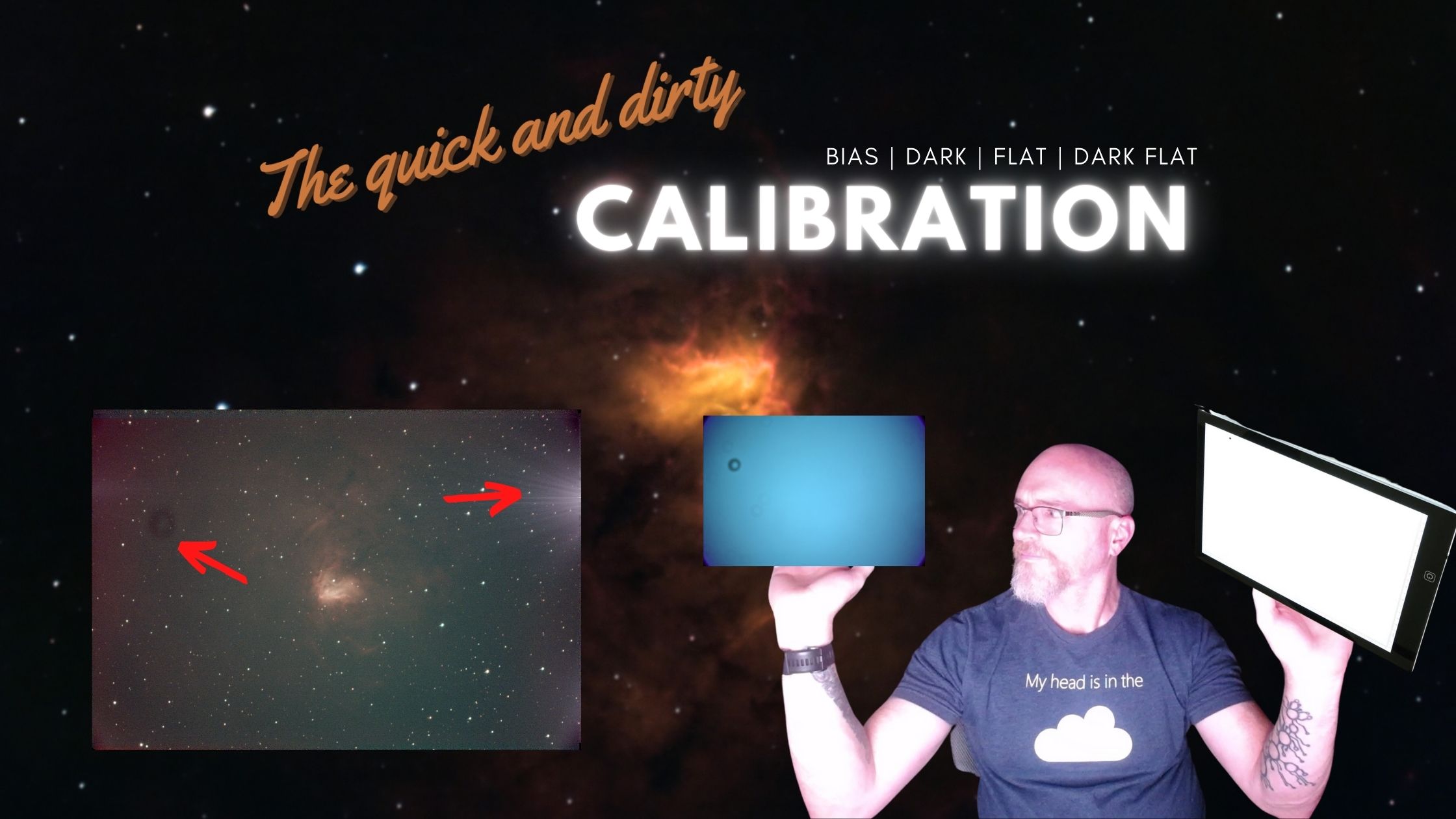 2022-11-05
2022-11-05
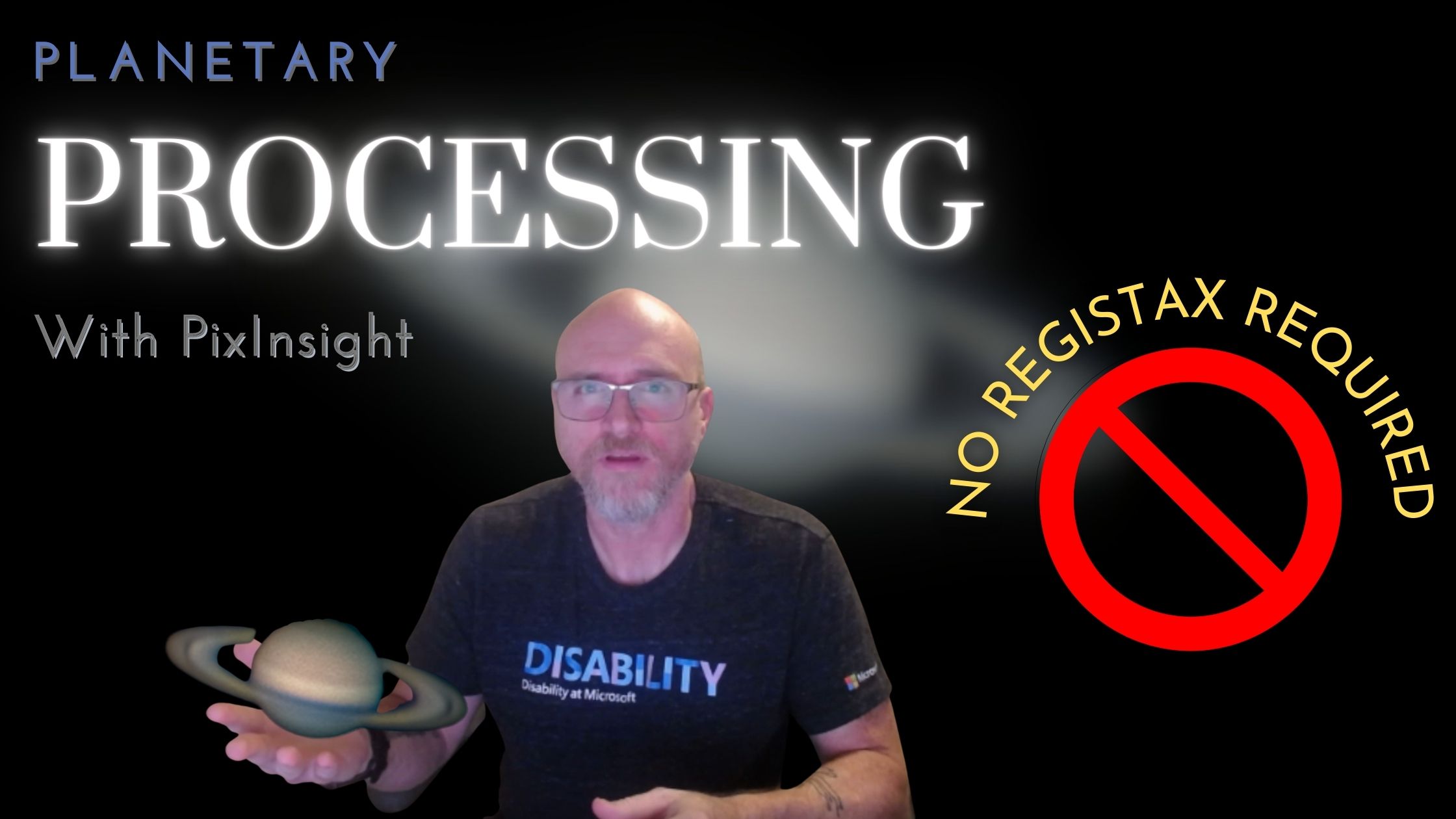 2022-10-06
2022-10-06
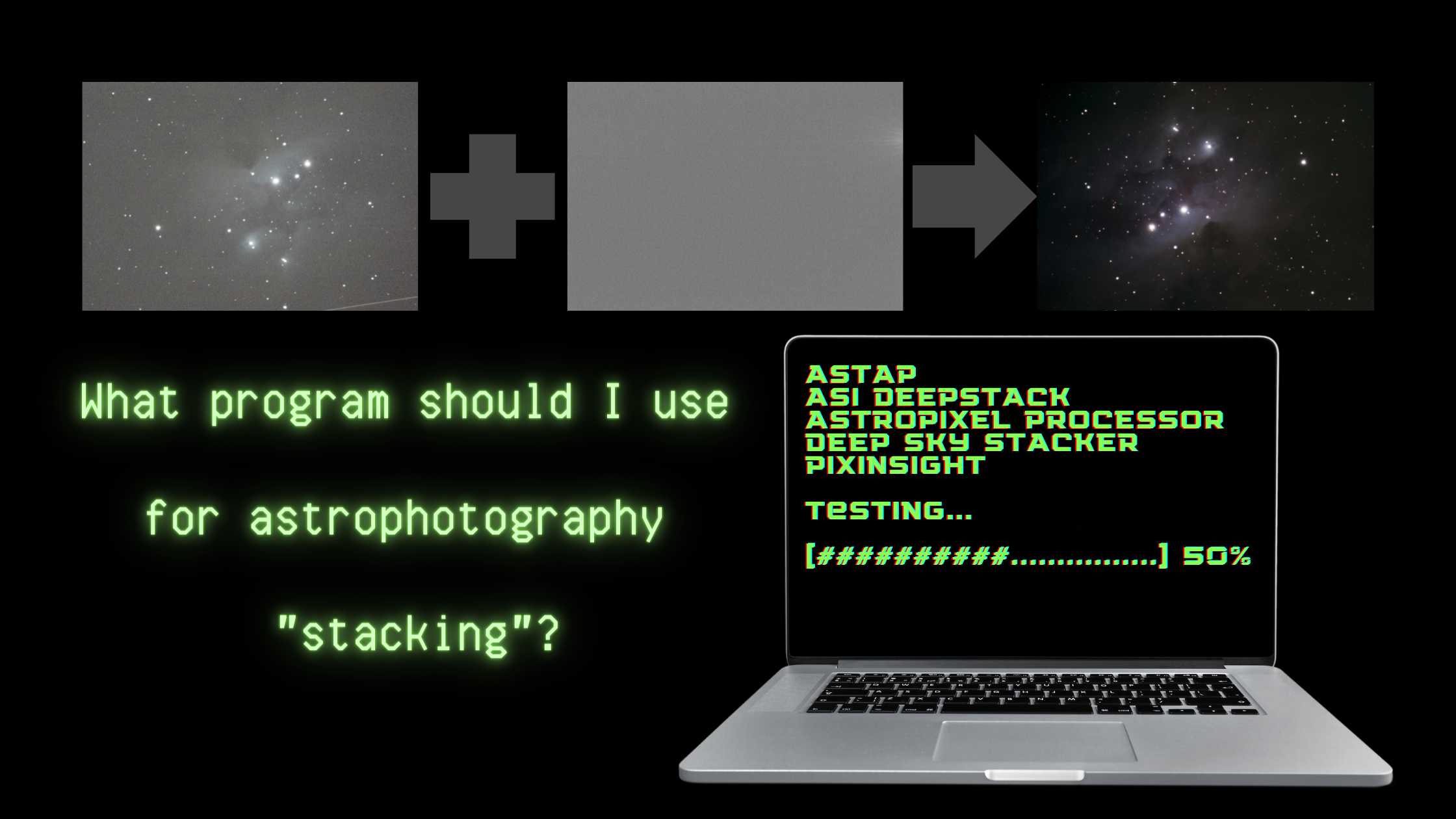 2022-06-21
2022-06-21
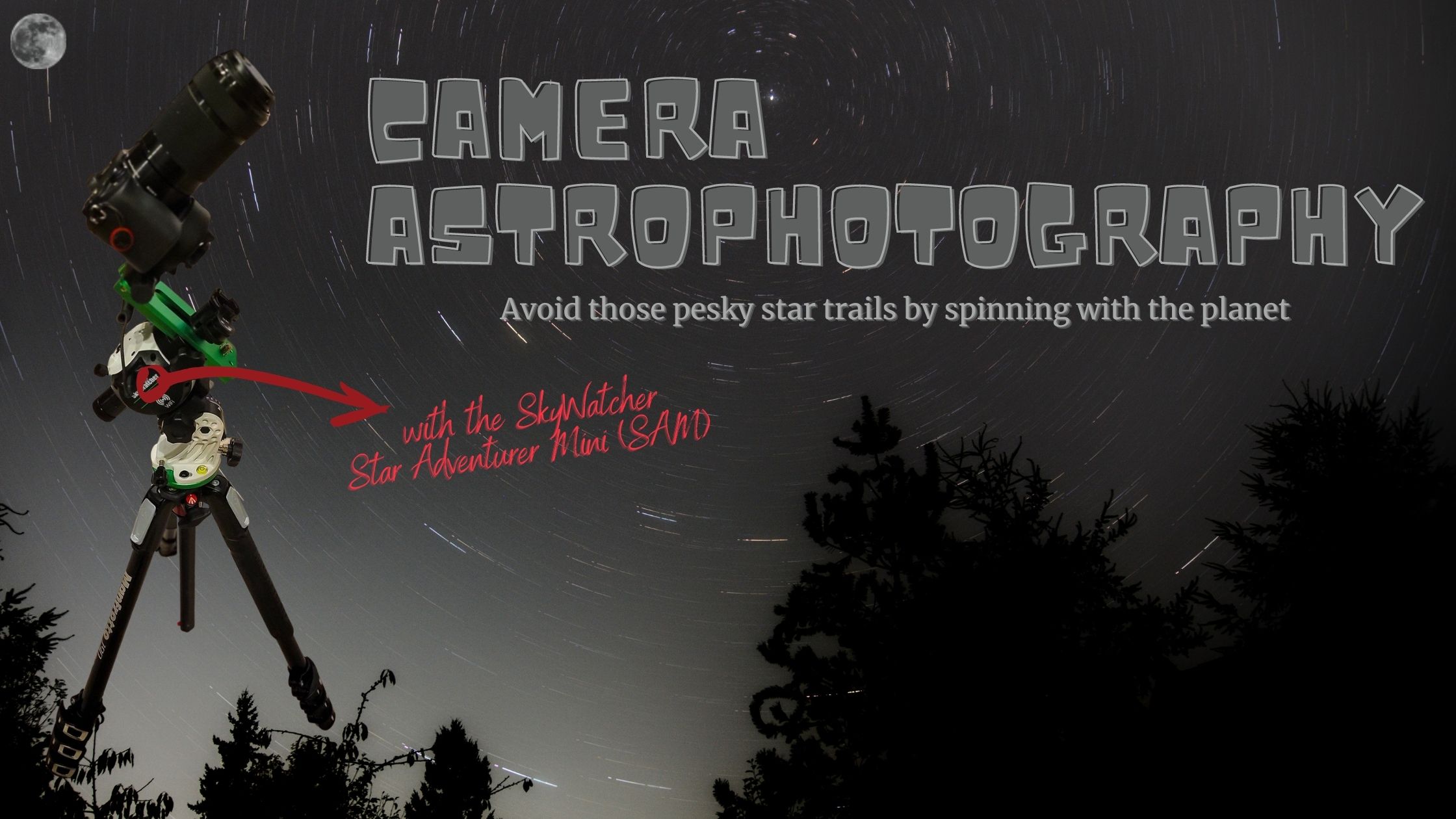 2021-11-28
2021-11-28
 2021-11-27
2021-11-27
 2021-08-27
2021-08-27
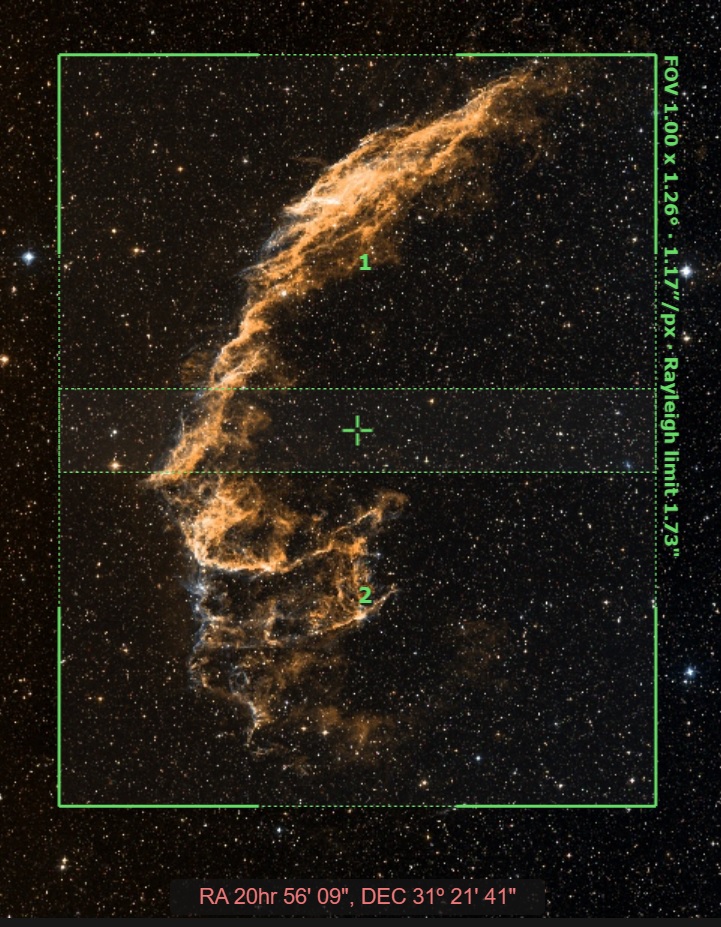 2021-08-18
2021-08-18
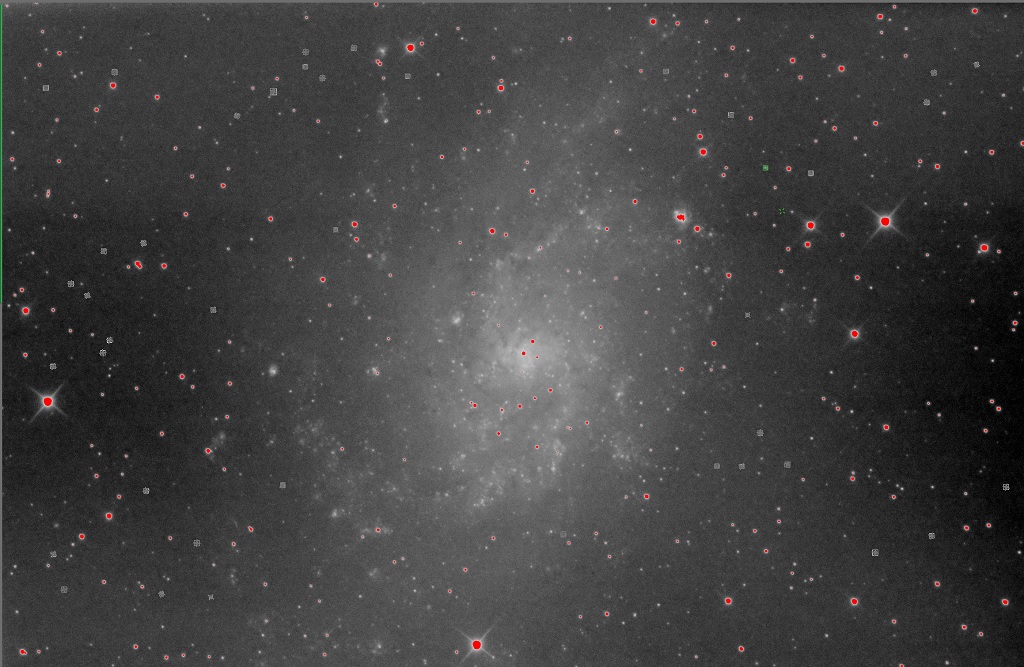 2021-07-31
2021-07-31
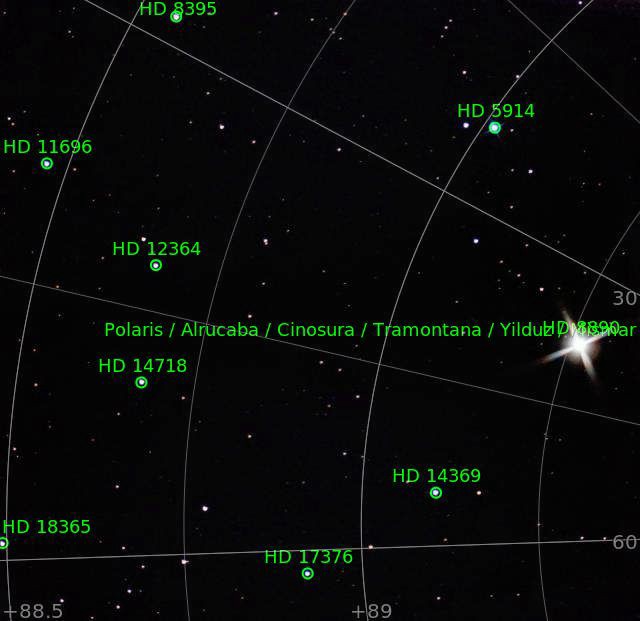 2021-07-22
2021-07-22
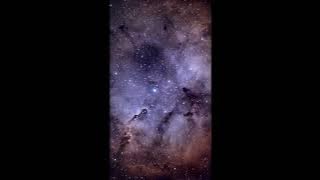 2023-05-31
2023-05-31
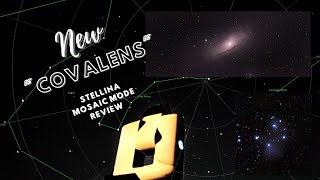 2022-12-17
2022-12-17
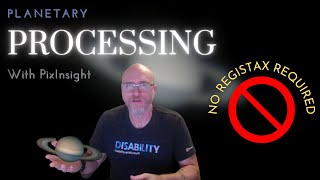 2022-09-29
2022-09-29
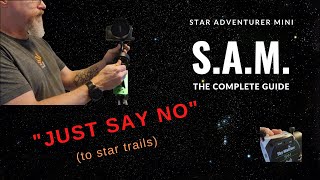 2021-12-12
2021-12-12
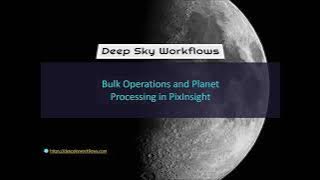 2021-08-26
2021-08-26
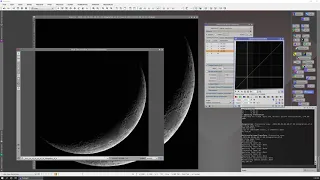 2021-04-17
2021-04-17
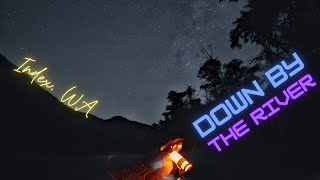 2023-06-26
2023-06-26
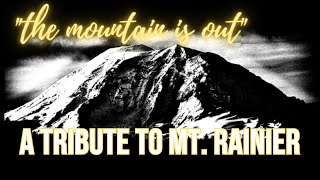 2023-06-15
2023-06-15
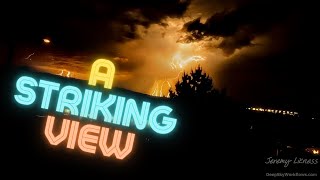 2023-05-16
2023-05-16
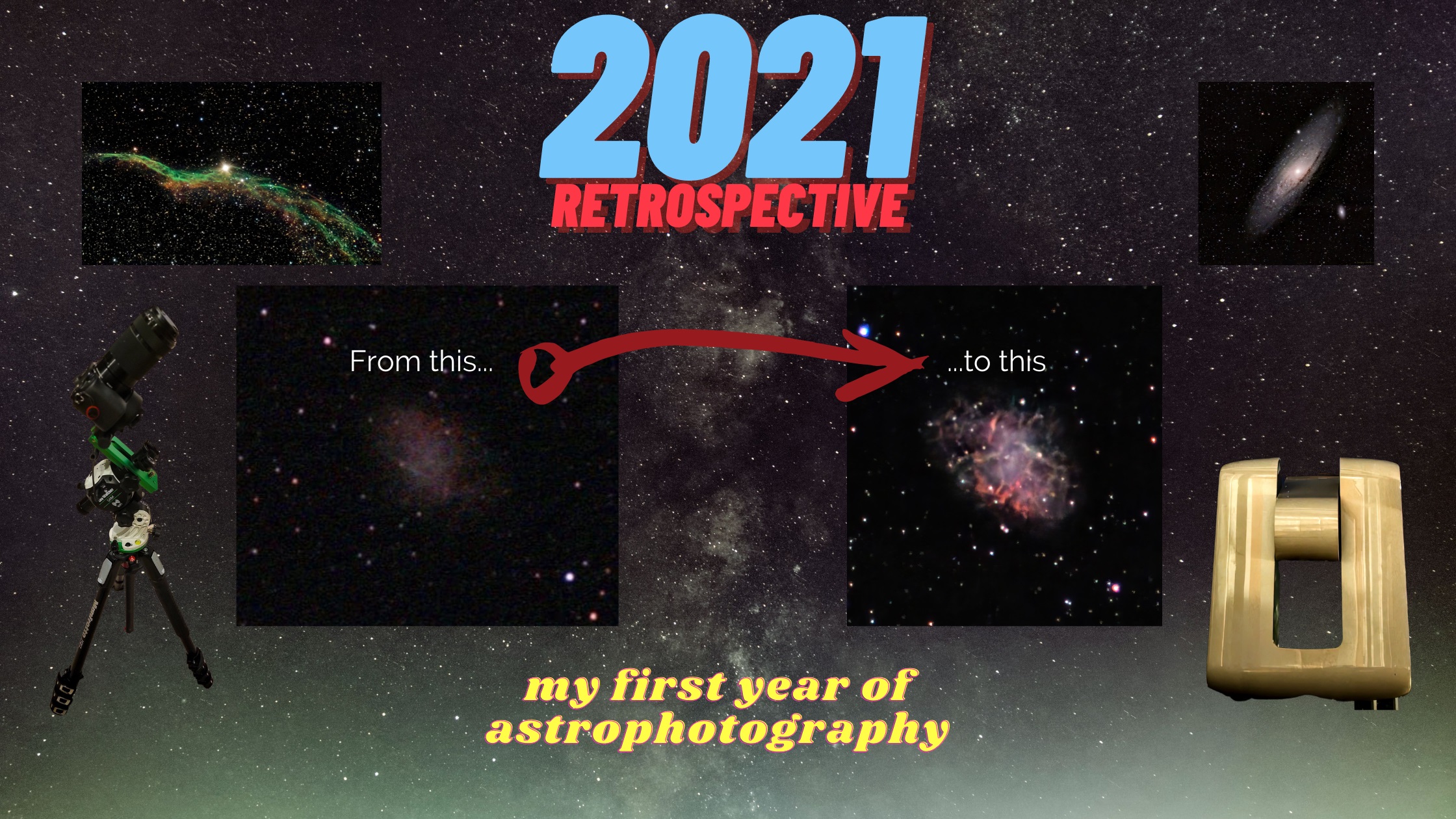 2021-12-21
2021-12-21
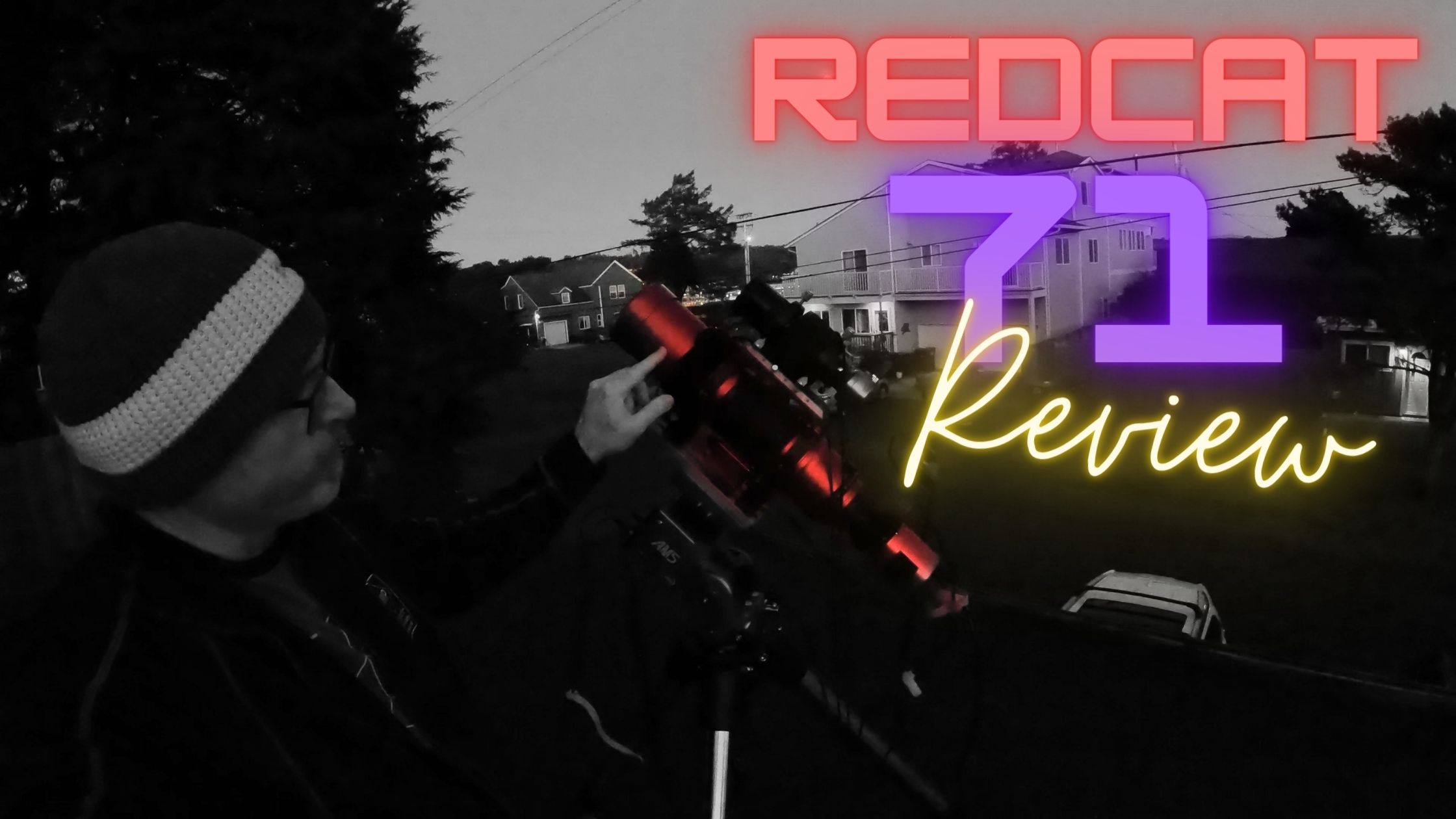 2024-01-05
2024-01-05
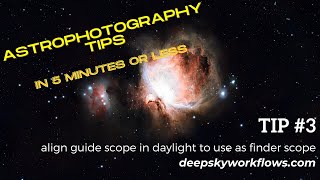 2023-01-07
2023-01-07
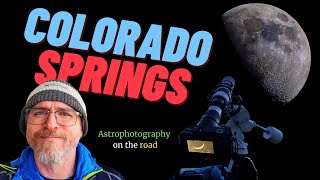 2023-05-05
2023-05-05
 2024-07-01
2024-07-01
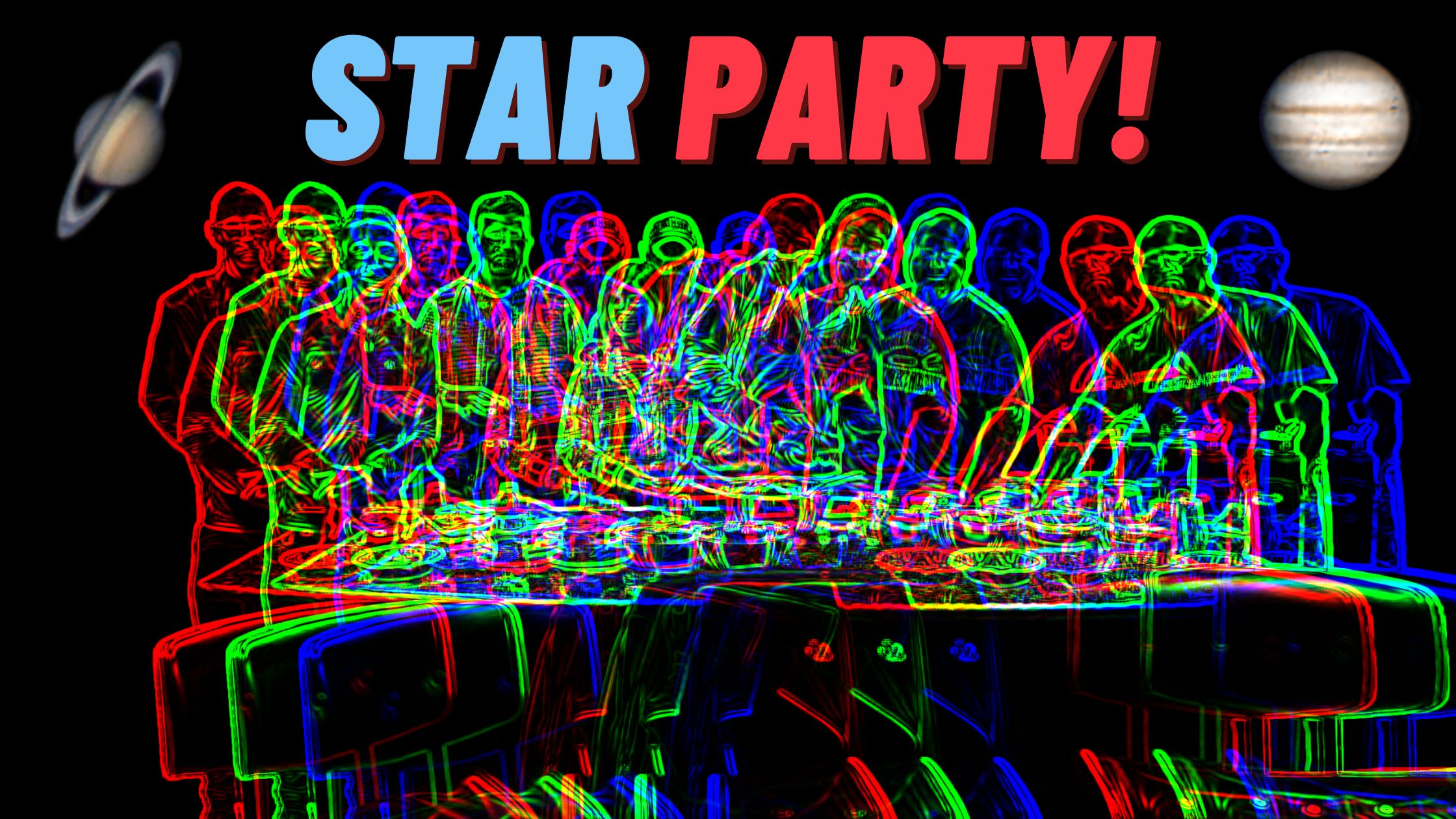 2022-10-09
2022-10-09